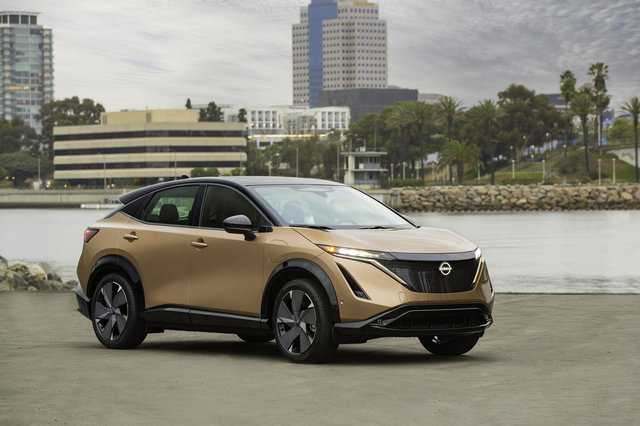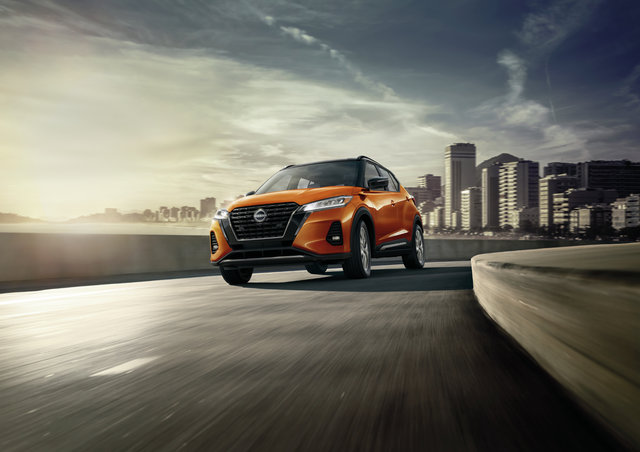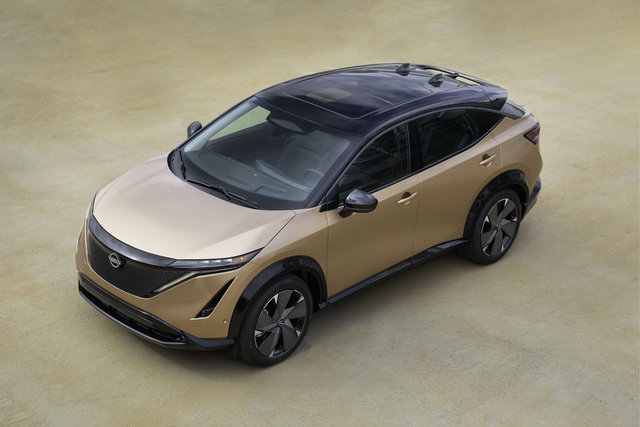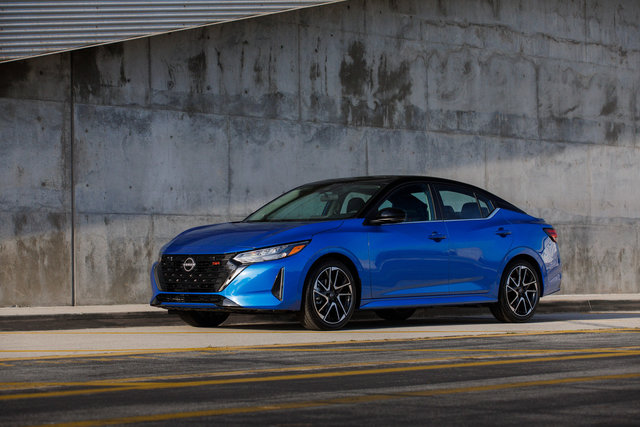In a notable step towards amplifying electric vehicle (EV) infrastructure compatibility, Nissan has inked an agreement with Tesla to utilize the North American Charging Standard (NACS) by 2025. This strategic move will broaden the charging options for Nissan customers, underscoring the automaker's commitment to enhancing the electric mobility experience. Remarkably, Nissan has become the first Japanese automaker to pledge support for the NACS in its future EV models.
The transition to NACS will be phased. Starting in 2024, Nissan will introduce a NACS charging adapter for its Ariya models. These vehicles are currently armed with the Combined Charging System 1 (CCS1) for DC rapid charging. This adapter will furnish users with the capability to link their vehicle's charging port with NACS connectors at suitable charging stations.
Further enhancing this commitment, from 2025 onward, Nissan plans to roll out EVs for both the U.S. and Canadian markets that come equipped with a native NACS port. This integration will facilitate effortless and efficient charging on the Tesla Supercharger network. Consequently, Nissan EV drivers will have the advantage of accessing a significantly expanded array of public fast-charging stations.
Jérémie Papin, chairperson of Nissan Americas, highlighted the company's vision, stating, "Adopting the NACS standard underlines Nissan's commitment to making electric mobility even more accessible as we follow our Ambition 2030 long-term vision of greater electrification. We are happy to provide access to thousands more fast chargers for Nissan EV drivers, adding confidence and convenience when planning long-distance journeys."
In alignment with its Ambition 2030 initiative, Nissan aspires to have over 40% of its U.S. vehicle sales fully electrified by the close of this decade. Additionally, the Canton, Mississippi Nissan facility is slated to commence assembly of two brand-new, fully electric vehicles by the end of 2025.
Nissan will be furnishing more specifics regarding the NACS compatibility's progressive deployment in due course.





